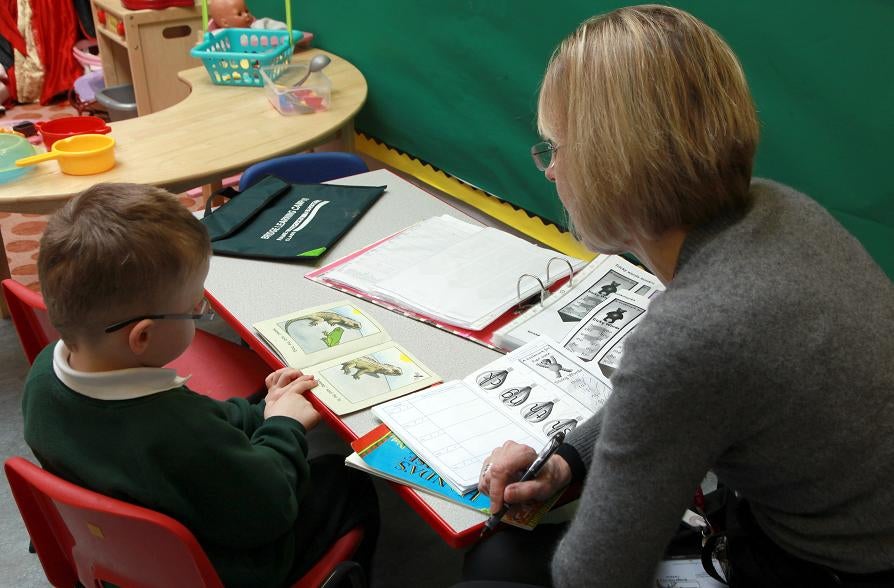Is studying non-fiction the way to improve education standards?

There is no more troubling fact about US education than this: The reading scores of 17-year-olds have shown no significant improvement since 1980.
The new Common Core State Standards in 46 states and the District of Columbia are designed to solve that problem. Among other things, students are being asked to read more nonfiction, considered by many experts to be the key to success in college or the workplace.
The Common Core standards are one of our hottest trends. Virginia declined to participate but was ignored in the rush of good feeling about the new reform. Now, the period of happy news conferences is over, and teachers have to make big changes. That never goes well. Expect battles, particularly in this educationally hypersensitive region.
Teaching more nonfiction will be a key issue. Many English teachers don't think it will do any good. Even if it were a good idea, they say, those who have to make the change have not had enough training to succeed — an old story in school reform.
The clash of views is well described by two prominent scholars for the Pioneer Institute, a Boston-based public policy group, in a new paper. Sandra Stotsky of the University of Arkansas and Mark Bauerlein of Emory University say the reformers who wrote the Common Core standards have no data to support their argument that kids have been hurt by reading too much fiction. They say analyzing great literature would give students all the critical thinking skills they need. The problem, they say, is not the lack of nonfiction but the dumbed-down fiction that has been assigned in recent decades.
"Problems in college readiness stem from an incoherent, less-challenging literature curriculum from the 1960s onward," Bauerlein and Stotsky say. "Until that time, a literature-heavy English curriculum was understood as precisely the kind of pre-college training students needed."
The standards were inspired, in part, by a movement to improve children's reading abilities by replacing standard elementary school pabulum with a rich diet of history, geography, science and the arts. University of Virginia scholar E.D. Hirsch Jr. has written several books on this. He established the Core Knowledge Foundation in Charlottesville, Va. to support schools that want their third-graders studying ancient Rome and their fourth-graders listening to Handel.
Robert Pondiscio, a former fifth-grade teacher who is vice president of the foundation, quotes a key part of the Common Core standards making this case:
"By reading texts in history/social studies, science, and other disciplines, students build a foundation of knowledge in these fields that will also give them the background to be better readers in all content areas. Students can only gain this foundation when the curriculum is intentionally and coherently structured to develop rich content knowledge within and across grades."
The Common Core guidelines recommend fourth-graders get an equal amount of fiction and nonfiction. Eighth-grade reading should be about 55 percent nonfiction, going to a recommended 70 percent by 12th grade.
Bauerlein and Stotsky say that could hurt college readiness. The new standards and associated tests, they say, will make "English teachers responsible for informational reading instruction, something they have not been trained for, and will not be trained for unless the entire undergraduate English major as well as preparatory programs in English education in education schools are changed."
Pondiscio says he admires Bauerlein and Stotsky and doesn't see why English classes have to carry the nonfiction weight. Social studies and science courses can do that. The real battle, he says, will be in the elementary schools, where lesson plans have failed to provide the vocabulary, background knowledge and context that make good readers. Those who want the new standards say learning to read is more than just acquiring a skill, like bike riding. It is absorbing an entire world. That is what the fight in your local district will be about.
Join our commenting forum
Join thought-provoking conversations, follow other Independent readers and see their replies
Comments
Bookmark popover
Removed from bookmarks